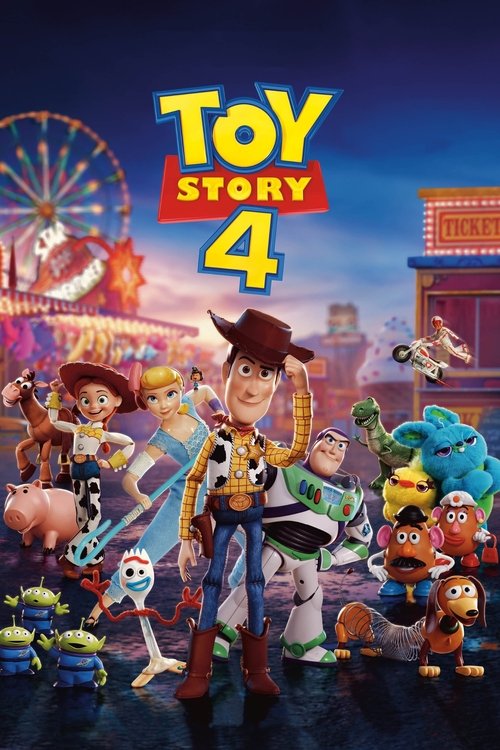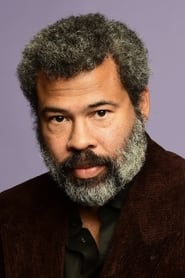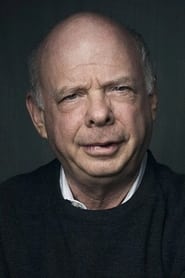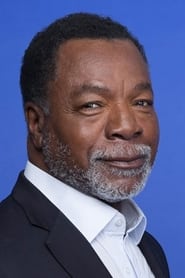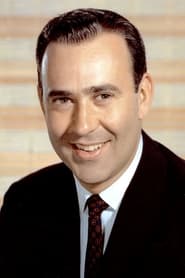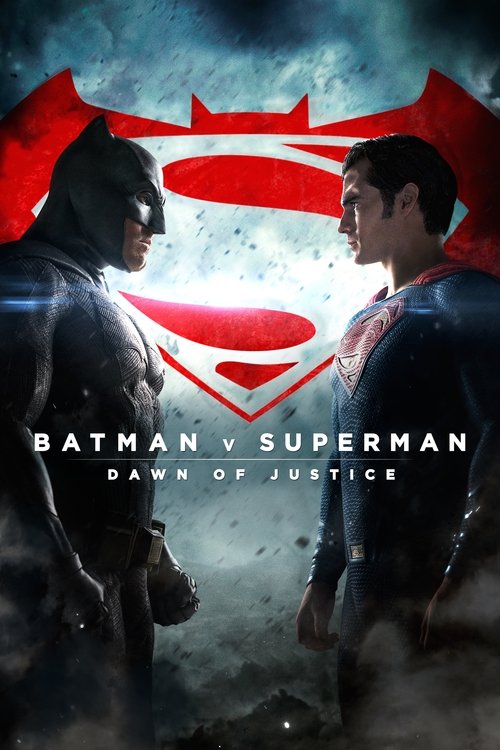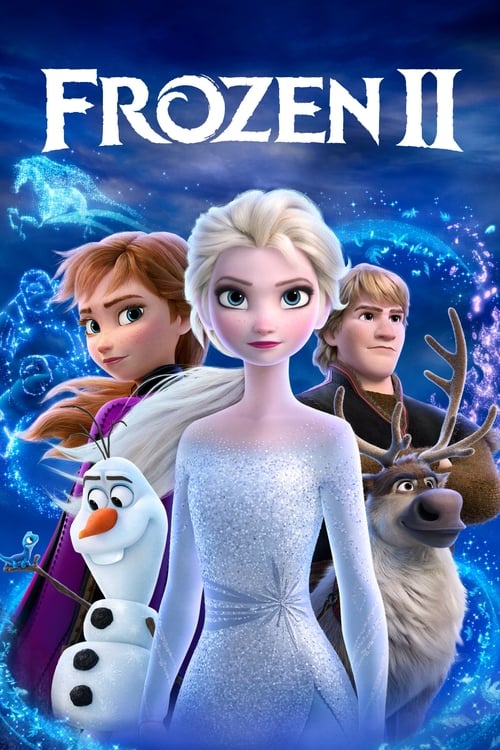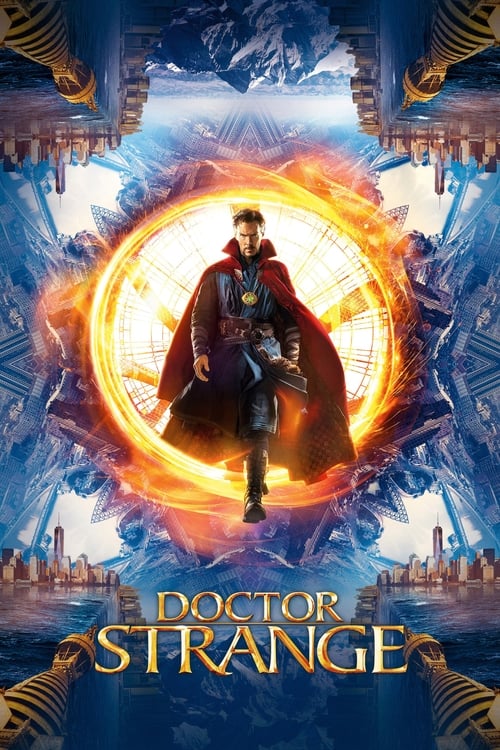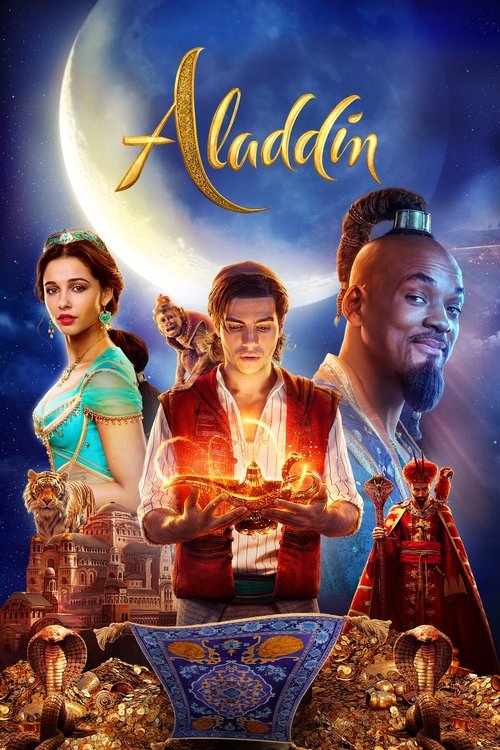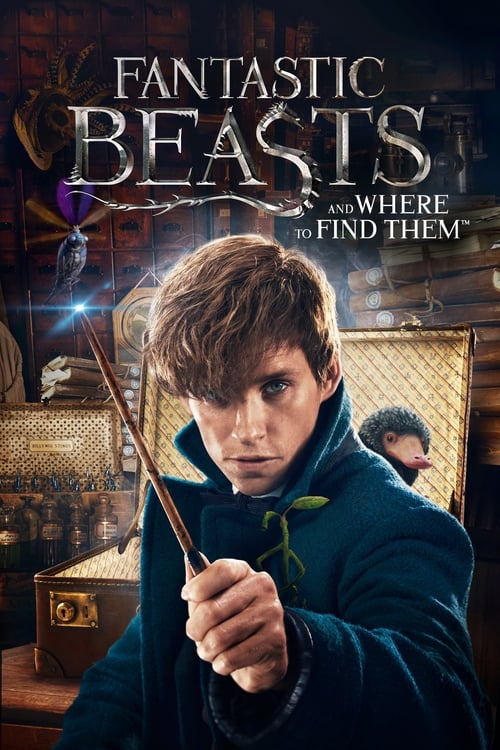
Ask Your Own Question
What is the plot?
The rain falls in thick, relentless sheets outside Andy's bedroom window, the night air heavy with the scent of wet pavement and the distant rumble of thunder. Inside, the toys are restless, their plastic and fabric forms still beneath the dim glow of a nightlight. Woody, the loyal cowboy sheriff, stands at the window, his eyes fixed on the driveway below. RC, Andy's beloved remote control car, is stranded in a growing puddle, its wheels spinning uselessly as the storm threatens to sweep it away. Beside Woody, Bo Peep, her porcelain face lit with determination, reaches for her lamp. "We can't let him go," she says, her voice steady. Woody nods, and together they slip out into the storm, their small forms battling the wind and rain to rescue RC. The moment is electric, a testament to their bond and their shared sense of duty.
Back inside, Andy's voice calls out, "Woody!" Woody hesitates, glancing at Bo, who is being gently placed into a box by Andy's mother. "It's time for the next kid," Bo says, her voice soft but resolute. "Come with me, Woody." Woody looks torn, his heart pulled between the child who needs him and the friend who offers a new life. "I can't," he says, his voice thick with regret. "Andy needs me." Bo smiles, understanding. "Then I'll see you around, Sheriff." The box closes, and Bo is gone, leaving Woody alone in the quiet of the room.
Nine years pass. The world has changed. Andy is now a college-bound young man, and his toys--Woody, Buzz Lightyear, Jessie, Bullseye, and the rest--have been donated to a new child, Bonnie. Bonnie's house is bright and cheerful, but Woody feels out of place. The other toys, led by Dolly, have already found their roles in Bonnie's world, and Bonnie herself shows little interest in Woody. He watches from the sidelines as she plays, his heart heavy with a sense of displacement.
Bonnie is nervous about starting kindergarten, her small hands clutching her backpack as she stands at the door. Woody, ever the protector, sneaks into her backpack, determined to be there for her. At kindergarten orientation, Bonnie sits alone, her eyes wide with anxiety. Woody, hidden in her backpack, watches as she fumbles with a spork, a pipe cleaner, and a pair of googly eyes. With a spark of creativity, she assembles a new friend: Forky. The moment Forky comes to life, he is overwhelmed by an existential crisis. "I'm trash!" he exclaims, his voice manic and panicked. "I'm not a toy! I'm a piece of trash!" Woody steps in, gently guiding Forky, trying to convince him of his worth. "You're not trash, Forky," Woody says, his voice calm and reassuring. "You're a toy. Bonnie made you, and that makes you special."
Forky's crisis becomes a constant challenge for Woody. Bonnie quickly becomes attached to Forky, and Woody takes on the role of his guardian, stopping him from throwing himself away at every opportunity. The other toys, including Buzz, Jessie, and Dolly, watch with a mix of amusement and concern. Buzz, loyal as ever, tries to support Woody, but Woody's focus is entirely on Forky.
Bonnie's family decides to go on a road trip, and the toys travel in the RV. The journey is filled with the usual chaos and camaraderie, but Woody's mind is elsewhere. Forky, overwhelmed by the new environment, jumps out of the window of the RV, determined to return to the trash. Woody, without hesitation, leaps after him, leaving the other toys behind. The chase is frantic, Woody dodging cars and obstacles as he tries to catch Forky. "Forky, wait!" Woody calls out, his voice filled with urgency. "You're not trash! You're Bonnie's toy!"
As they walk through the park, Woody tries to convince Forky of his worth. "Bonnie made you," Woody says, his voice gentle. "That makes you special. You're not trash, Forky. You're a toy." Forky begins to understand, his existential crisis slowly giving way to a sense of purpose. As they pass an antique store, Woody spots Bo Peep's lamp in the window. His heart skips a beat. "Bo Peep," he whispers, his voice filled with hope and nostalgia.
Woody detours into the antique store, determined to find Bo. Inside, he encounters Gabby Gabby, a 1950s doll with a broken voice box. Gabby Gabby is desperate for a child's love, and she sees Woody's voice box as the key to her happiness. "I need your voice box," Gabby Gabby says, her voice cold and determined. "It's the only way I'll be loved." Woody tries to escape, but Gabby Gabby's ventriloquist dummy friends capture him. Forky, who had been following Woody, becomes Gabby Gabby's prisoner.
At a playground nearby, Woody reunites with Bo Peep and her sheep, Billy, Goat, and Gruff. Bo has become a "lost toy," free from owners and able to do as she pleases. She travels with a tiny police toy companion named Giggle McDimples. Bo's life is one of independence and adventure, a stark contrast to Woody's sense of duty. "I'm fine without a kid," Bo says, her voice filled with contentment. "I help other toys find kids. It's a good life." Woody tells Bo about Forky and the danger he's in. Bo and Giggle agree to help Woody rescue Forky.
The rescue mission is fraught with tension. Bo's skunk-mobile, a clever vehicle designed for stealth and speed, becomes their secret weapon. They navigate the crowded streets, avoiding detection as they make their way to the antique store. Inside, Woody is captured and nearly has his voice box removed, but Bo and her allies arrive just in time. The confrontation with Gabby Gabby and her dummies is intense, a battle of wits and courage. Woody and Bo outmaneuver the dummies, rescuing Forky and escaping the store.
Back at the playground, Woody and Bo reflect on their journey. Woody is torn between his loyalty to Bonnie and his growing attraction to Bo's free-spirited life. "I've always thought my purpose was to be a child's favorite toy," Woody says, his voice filled with uncertainty. "But maybe there's more to life than that." Bo smiles, understanding. "There is, Woody. You just have to be brave enough to see it."
The climax occurs at the carnival and antique store. Woody, Bo, and their allies execute a plan to rescue Forky from Gabby Gabby. Gabby Gabby, moved by Woody's sacrifice (offering his voice box), ultimately lets Forky go. She then finds a new purpose when a lost child, Harmony, takes her home, giving Gabby the love she sought. "Thank you, Woody," Gabby Gabby says, her voice filled with gratitude. "You showed me that I'm worthy of love."
Woody must then choose between returning to Bonnie with the other toys or staying with Bo Peep as a "lost toy." Recognizing that Bonnie is happy without him and inspired by Bo's free-spirited life, Woody decides to stay with Bo, embracing a new chapter. He gives his sheriff badge to Jessie, symbolizing the passing of leadership. "Take care of Bonnie," Woody says, his voice filled with emotion. "She's going to be just fine."
In the final scenes, Woody and Bo ride off into the carnival night, their forms silhouetted against the bright lights and bustling crowds. The other toys return to Bonnie, Buzz, Jessie, and the rest accepting Woody's choice. The film ends with Woody and Bo beginning their life together as lost toys, helping other toys in need--a poignant, open-ended conclusion to Woody's arc.
The story of Toy Story 4 is one of identity, purpose, and letting go. Through its meticulously crafted locations, character-driven confrontations, emotional revelations, and symbolic objects, it delivers a mature, satisfying conclusion to Woody's journey, while leaving the door open for new adventures.
More Movies Like This
Browse All Movies →What is the ending?
At the end of Toy Story 4, Woody decides to stay with Bo Peep and her group of lost toys, while Buzz Lightyear and the other toys return to Bonnie. Woody finds a new purpose in helping lost toys find their owners, embracing a life of adventure and freedom.
As the film approaches its conclusion, the scene unfolds in a carnival where Woody, Buzz, and the other toys are trying to rescue Forky, who has been taken by Gabby Gabby. After a series of tense moments, Woody successfully retrieves Forky, but not without a significant emotional journey. Gabby Gabby, who has longed for a child's love, ultimately finds her own resolution when she is adopted by a little girl named Harmony, fulfilling her desire for companionship.
In a poignant moment, Woody and Bo Peep share a heartfelt goodbye. Woody, who has always been devoted to being a toy for Bonnie, realizes that he has a choice. He chooses to stay with Bo Peep, embracing a new life that allows him to help other lost toys. This decision marks a significant shift in Woody's character, as he steps away from his role as Bonnie's toy to pursue a new adventure.
Buzz Lightyear, along with the rest of the toys, returns to Bonnie's house. He reassures Woody that he will always be there for him, highlighting the enduring friendship between the two characters. As Woody rides off with Bo Peep, the film closes on a note of hope and new beginnings, emphasizing the importance of choice, friendship, and the evolving nature of relationships.
In the final scenes, Woody and Bo Peep are seen together, helping lost toys find their way, symbolizing a new chapter in their lives. The film ends with a sense of closure for Woody, who has found a new purpose beyond being just a toy for Bonnie, while Buzz and the others continue their lives with Bonnie, cherishing the memories they have shared.
Is there a post-credit scene?
Yes, "Toy Story 4" features a post-credit scene.
As the credits roll, the scene opens with Woody and Bo Peep, who are now reunited and enjoying their time together. They are in a carnival setting, surrounded by various attractions and games. The atmosphere is vibrant, filled with laughter and the sounds of children playing.
In this moment, Woody and Bo Peep share a sense of freedom and adventure, having embraced their new lives as lost toys. They are seen helping other toys find their way, showcasing their commitment to ensuring that every toy has a purpose and a place.
The scene captures the joy and excitement of their new journey, highlighting Woody's growth as he transitions from being a child's toy to a toy that helps others. The camaraderie between Woody and Bo Peep is palpable, filled with warmth and a sense of belonging.
As the camera pans out, the audience is left with a feeling of hope and possibility, emphasizing the theme of friendship and the importance of finding one's own path. The scene concludes, leaving viewers with a sense of closure and the promise of new adventures ahead for Woody and Bo Peep.
What is Forky's significance in Toy Story 4?
Forky is a spork that Bonnie creates during kindergarten orientation, and he becomes a central character in Toy Story 4. He represents Bonnie's creativity and her need for companionship. Throughout the film, Forky struggles with his identity, believing he is trash rather than a toy, which leads to a journey of self-discovery. Woody takes it upon himself to help Forky understand his value as a toy, emphasizing themes of purpose and belonging.
How does Woody's character evolve in Toy Story 4?
In Toy Story 4, Woody grapples with his role as a toy and his loyalty to Bonnie. Initially, he feels a strong sense of duty to keep Forky safe, but as the story progresses, he encounters Bo Peep, who has embraced a life of independence. This meeting challenges Woody's understanding of what it means to be a toy, leading him to question his purpose and ultimately make a choice about his future.
What role does Bo Peep play in Woody's journey?
Bo Peep plays a crucial role in Woody's journey of self-discovery in Toy Story 4. She represents a different perspective on being a toy, having chosen to live freely without a child. Her confidence and adventurous spirit inspire Woody to reconsider his own life choices. Their reunion rekindles old feelings and challenges Woody to think about what he truly wants, ultimately influencing his decision at the film's climax.
What is the conflict between Gabby Gabby and Woody?
Gabby Gabby is a vintage doll who initially appears to be a villain in Toy Story 4. She desires Woody's voice box to fulfill her own longing for a child. The conflict arises when she captures Woody and tries to take his voice box, believing it will make her more desirable. However, as the story unfolds, Gabby Gabby's motivations are revealed to be rooted in loneliness and a desire for connection, leading to a more complex relationship with Woody.
How does Buzz Lightyear contribute to the story in Toy Story 4?
Buzz Lightyear serves as Woody's loyal friend and provides comic relief in Toy Story 4. He supports Woody's mission to protect Forky and offers advice based on his own experiences. Buzz also undergoes a minor journey of self-discovery, particularly when he follows his inner voice, which leads him to make decisions that help the group. His character remains steadfast and embodies the themes of friendship and loyalty throughout the film.
Is this family friendly?
"Toy Story 4" is generally considered family-friendly, but there are a few scenes and themes that might be potentially objectionable or upsetting for younger children or sensitive viewers. Here are some aspects to consider:
-
Existential Themes: The film explores deep themes of purpose and identity, particularly through Woody's journey of self-discovery, which may be complex for younger audiences to fully grasp.
-
Emotional Moments: There are several poignant scenes that deal with feelings of abandonment and loss, particularly as characters confront their roles and relationships.
-
Scary Characters: Some characters, like the ventriloquist dummies, can be perceived as creepy or frightening due to their unsettling appearance and behavior.
-
Conflict and Tension: There are moments of conflict and tension, including scenes where characters are in danger or face threats, which may be intense for sensitive viewers.
-
Separation: The film includes themes of separation from loved ones, which could resonate emotionally with children who may fear losing their toys or friends.
Overall, while "Toy Story 4" is designed to be entertaining and heartwarming, these elements may require parental guidance for younger viewers.

